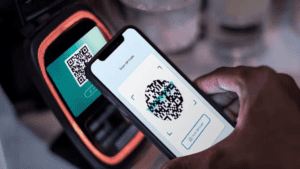![]()
-
Indonesia has banned the sale of Google Pixel smartphones due to non-compliance with local manufacturing regulations.
-
The rules require at least 40% of device components to be sourced locally.
-
This ban follows a similar block on Apple’s iPhone 16 sales in the country.
Indonesia has blocked the sale of Google Pixel smartphones, citing non-compliance with the country’s local manufacturing regulations. The rules, which aim to boost domestic investment, require tech companies to source at least 40% of their device components locally.
This move comes after Indonesia imposed a similar ban on Apple’s iPhone 16 sales last week. The government is pushing for fairness among investors and encouraging tech companies to form partnerships with local suppliers. Google has clarified that its Pixel phones are not officially distributed in Indonesia, but consumers can still purchase them from overseas and pay import taxes.
Indonesia’s local content rules are part of a broader effort to develop a stronger domestic manufacturing sector. With its large, tech-savvy population, Indonesia remains a key target for global tech companies. The government’s assertive stance on local manufacturing reflects its intention to attract foreign investment while promoting self-reliance.
The ban is unlikely to significantly impact Google’s sales, as the company is not among the top smartphone brands in Indonesia. OPPO and Samsung currently dominate the market, according to IDC. However, the move highlights Indonesia’s commitment to enforcing its local manufacturing regulations and promoting domestic investment.














